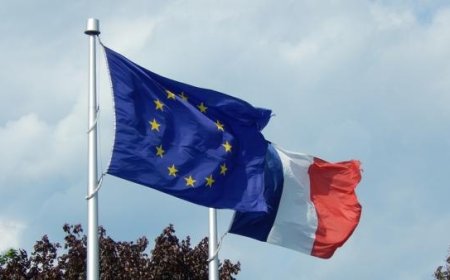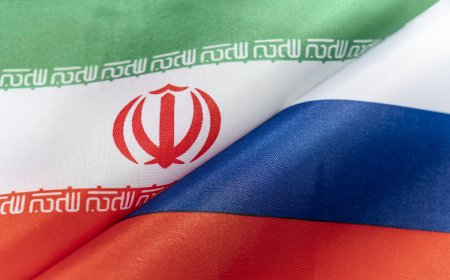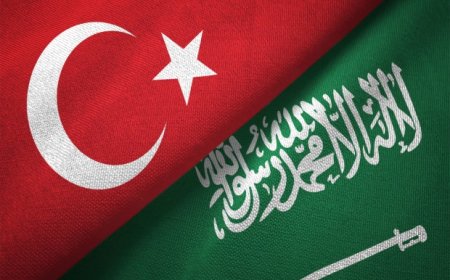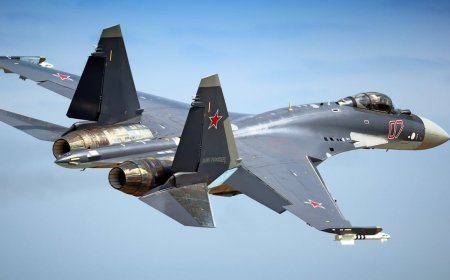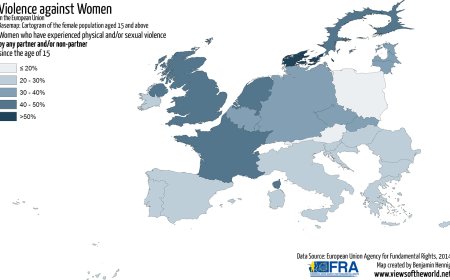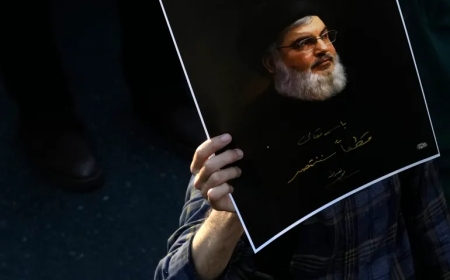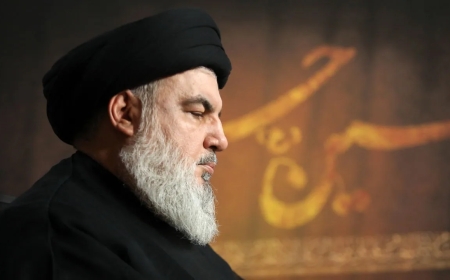Russian Foreign Minister Warns of NATO Threats to Eurasian Security Framework
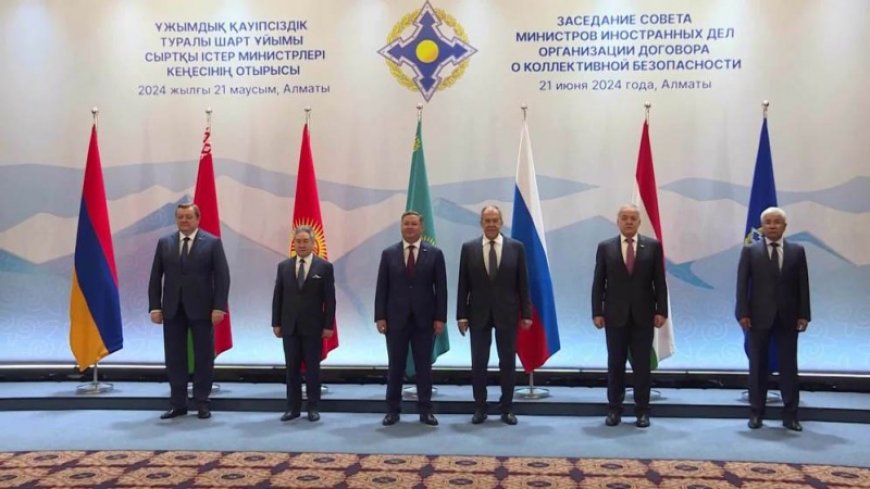
Russian Foreign Minister Sergey Lavrov has issued a stark warning that NATO's activities are undermining efforts to establish a Eurasian security framework capable of challenging the US-led military alliance. Lavrov's comments came during a meeting with his counterparts from the Collective Security Treaty Organization (CSTO) in Almaty, Kazakhstan.
"NATO will interfere in such fair processes, but they have no alternatives," Lavrov stated, referring to the formation of a new security architecture in Eurasia. He emphasized that the six-member CSTO is unified in its support for this initiative. "Eurasian security faces threats from many different directions, although the main source of these threats is the aggressive behavior of NATO," Lavrov added. He warned that the US-led alliance is seeking to dominate the region as the sole guarantor of stability.
Lavrov's remarks align with recent statements from Russian President Vladimir Putin, who has called for discussions on collective security guarantees in Eurasia. Putin has stressed the need to limit the presence of non-regional military forces in Eurasia and has suggested that the future security architecture should be inclusive, even extending an invitation to NATO members to participate.
Russia, alongside its allies in the Shanghai Cooperation Organization (SCO) and BRICS, is advocating for serious dialogue at the United Nations on the concept of indivisible security. "Russia is interested in the dialogue on the creation of an indivisible security system being developed seriously at the UN," Putin stated, highlighting Moscow's commitment to a multilateral approach.
The CSTO meeting in Almaty underscored the organization's role in regional security. The CSTO, which includes Russia, Armenia, Belarus, Kazakhstan, Kyrgyzstan, and Tajikistan, aims to coordinate defense policies and promote collective security among its members.
Lavrov's comments also reflect broader geopolitical tensions. As NATO continues to expand its influence in Eastern Europe and Central Asia, Russia perceives this as a direct threat to its security interests. The proposed Eurasian security framework is part of a broader strategy to counterbalance NATO's presence and assert greater control over the region's security dynamics.
Additionally, this initiative is seen as a response to the shifting global power balance, with Russia seeking to strengthen alliances with other emerging powers. The inclusion of BRICS (Brazil, Russia, India, China, and South Africa) and the SCO in these discussions signals a move towards a multipolar world order, where regional powers collaborate to ensure their security and economic interests are safeguarded.
The international community will be closely monitoring these developments, as the proposed Eurasian security framework could significantly impact global strategic alignments. The ongoing dialogue at the UN and other international forums will be crucial in shaping the future of regional and global security.



